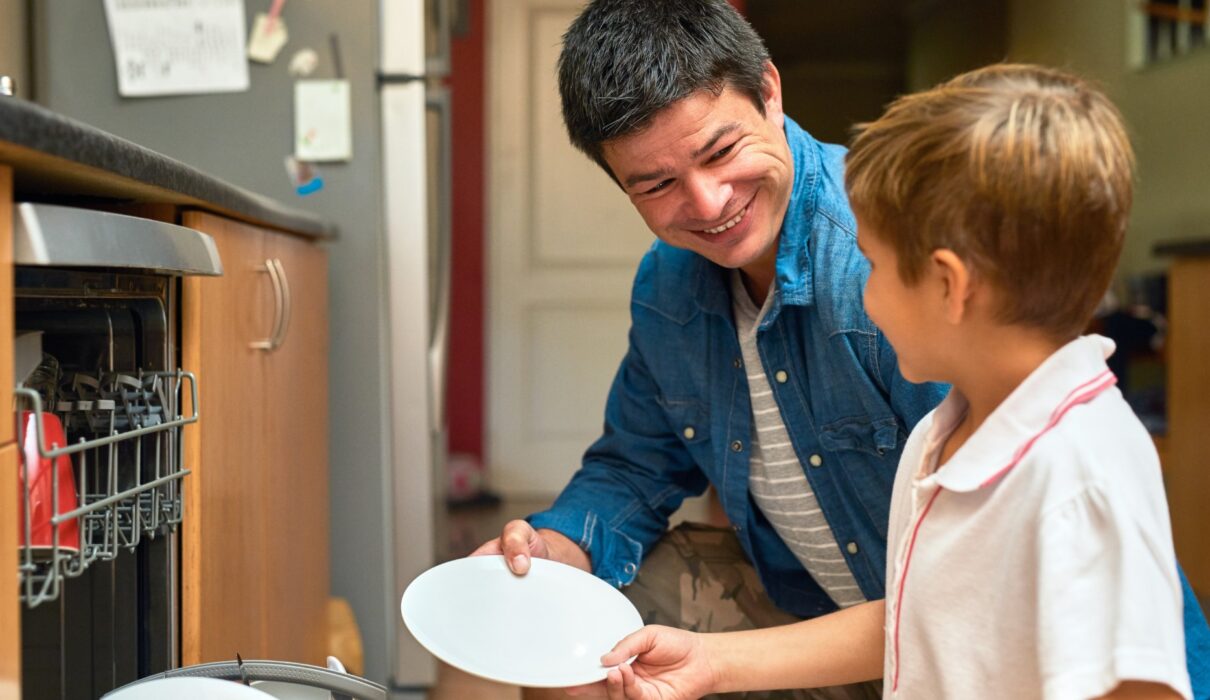Teaching kids self-discipline and respect is one of the most valuable gifts a parent can offer. These qualities are crucial for their success and well-being, both now and in the future. However, instilling these traits in children requires patience, consistency, and effective strategies. This article will explore practical ways to teach your kids self-discipline and respect, ensuring they grow into responsible and respectful adults.
Understanding Self-Discipline and Respect
Self-discipline is the ability to control one’s behavior, emotions, and impulses in the pursuit of long-term goals. It involves delayed gratification, perseverance, and the ability to stay focused despite distractions.
Respect involves recognizing the value of others and treating them with consideration and courtesy. It includes respecting authority, peers, and oneself.
Both self-discipline and respect are interrelated and essential for personal development and social harmony. Here’s how you can teach these important values to your children.
Lead by Example
Children learn a great deal from observing their parents. Demonstrate self-discipline in your daily life by managing your time effectively, setting and achieving goals, and handling stress in a healthy way. Show respect in your interactions with others, whether it’s through polite conversation, listening actively, or showing appreciation.
When your child sees you practicing self-discipline and respect, they are more likely to mimic these behaviors. Remember, actions speak louder than words.
Set Clear Expectations and Consistent Rules
Children need clear and consistent guidelines to understand what is expected of them. Set clear rules for behavior at home, school, and in social settings. Make sure these rules are age-appropriate and understandable.
Explain the reasons behind the rules, emphasizing how they help maintain order and respect for everyone involved. Consistency is key—apply the rules fairly and consistently to reinforce their importance.
Teach the Value of Delayed Gratification
Self-discipline often involves delayed gratification—the ability to wait for a reward. Teach your children this concept by providing opportunities to practice it. For example, you can implement a reward system where they earn privileges or treats through consistent good behavior and completing tasks.
Games and activities that require patience and strategic thinking, such as puzzles or board games, can also help develop this skill. Praise your child when they successfully delay gratification, reinforcing the positive behavior.
Encourage Responsibility and Accountability
Give your children age-appropriate responsibilities and hold them accountable for their actions. Assign chores or tasks that contribute to the household, such as cleaning their room, setting the table, or taking care of a pet.
Ensure they understand the importance of their role and the impact of their contributions. When they make a mistake, guide them to understand the consequences and encourage them to make amends. This teaches them accountability and the importance of respecting others and their commitments.
Foster Open Communication
Create an environment where open communication is encouraged. Listen to your child’s thoughts and feelings without judgment. This fosters mutual respect and helps them feel valued and understood.
When discussing behavior, focus on the actions rather than the child’s character. For example, instead of saying, “You’re being bad,” say, “That behavior is not acceptable.” This approach promotes understanding and respect for boundaries without attacking their self-esteem.
Model and Teach Empathy
Empathy is a cornerstone of respect. Teach your children to understand and consider the feelings of others. Encourage them to think about how their actions affect those around them.
Engage in activities that promote empathy, such as reading books with moral lessons, volunteering, or simply discussing different perspectives in various situations. Praise empathetic behavior and highlight its importance in building respectful relationships.
Use Positive Reinforcement
Positive reinforcement is a powerful tool in teaching self-discipline and respect. Acknowledge and reward your child’s efforts and achievements in demonstrating these traits. This could be through verbal praise, a special treat, or extra playtime.
Positive reinforcement encourages the continuation of good behavior and helps children understand the benefits of self-discipline and respect.
Teach Problem-Solving Skills
Equip your children with problem-solving skills to handle challenges constructively. Encourage them to think critically about situations and consider various solutions. Guide them through the process of identifying the problem, brainstorming possible solutions, evaluating the options, and implementing a plan.
This approach not only fosters self-discipline but also teaches respect for the complexity of issues and the importance of thoughtful decision-making.
Practice Patience and Understanding
Teaching self-discipline and respect is a gradual process that requires patience. Understand that children will make mistakes and occasionally test boundaries. Use these moments as learning opportunities rather than occasions for harsh punishment.
Provide gentle reminders and consistent guidance, reinforcing the lessons over time. Your patience and understanding will create a supportive environment for your child to grow and learn.
Conclusion
Teaching kids self-discipline and respect is an ongoing journey that requires dedication and consistency. By leading by example, setting clear expectations, and fostering an environment of open communication and empathy, you can help your children develop these essential qualities.
Remember, the goal is to guide them toward becoming responsible, respectful, and self-disciplined individuals who can navigate life’s challenges with confidence and integrity. With your support and guidance, your children can build a strong foundation for a successful and fulfilling future.

